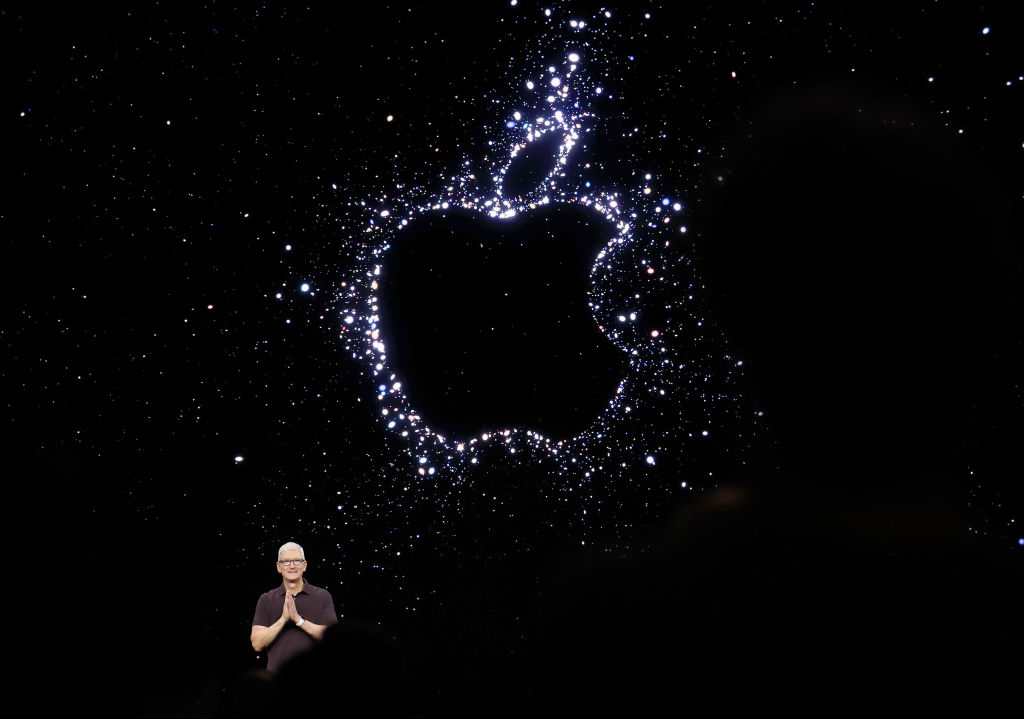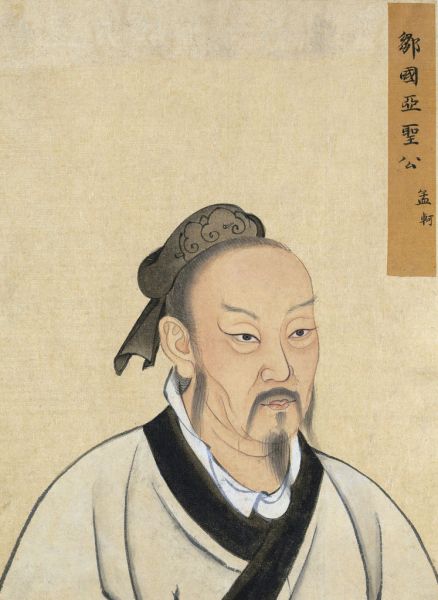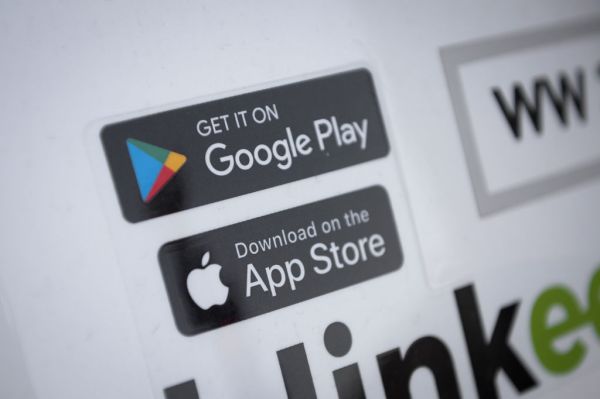I want to start with two of my favorite quotes from the founding era. Here’s the first and most famous, from Thomas Jefferson:
We hold these truths to be self-evident, that all men are created equal, that they are endowed by their Creator with certain unalienable Rights, that among these are Life, Liberty and the pursuit of Happiness.–That to secure these rights, Governments are instituted among Men, deriving their just powers from the consent of the governed.
That’s of course the key text of the Declaration of Independence. And then here’s John Adams, in his Letter to the Massachusetts Militia:
We have no Government armed with Power capable of contending with human Passions unbridled by morality and Religion. Avarice, Ambition Revenge or Galantry, would break the strongest Cords of our Constitution as a Whale goes through a Net. Our Constitution was made only for a moral and religious People. It is wholly inadequate to the government of any other.
I love these quotes because they succinctly outline the mutually supporting obligations of the American citizen and the American state. It is the primary responsibility of the government to defend the liberty of its citizens, and it is the primary responsibility of citizens to exercise that liberty virtuously.
Or, to put it another way, American moral norms should be primarily supported and policed by Americans themselves, not by the government. Thus, one of the most important freedoms that I can exercise is the freedom to say no—to products, to platforms, or to people who engage in speech or conduct that I find reprehensible. Individually, this freedom is a matter of conscience. Collectively or corporately, it can represent an exercise of considerable power.
This fundamental dynamic—those mutually supporting obligations of the citizen and the state—is the reason that discussions of cancel culture and boycotts are so complicated. Sometimes canceling–or saying no–to terrible speech isn’t just permissible, it’s the responsibility of a moral citizenry. At the same time, respect for a culture of free speech dictates that we should exercise that power responsibly and cautiously.
My problem with cancel culture was never with the concept of public accountability. It was with the execution. Norm-setting is necessary, but if norm-setting is too narrow, then we can lose our culture of free speech without a single oppressive government act. Conversely, if our morality is too tolerant, we can actively empower the worst people and the worst actors in America and across the globe.
With that as a backdrop, let’s talk about Apple Computers, Elon Musk, and China. Yesterday and today, Musk has launched a frontal attack on Apple, accusing it of “mostly” stopping advertising on Twitter and asking, “Do they hate free speech in America?” He also claimed that Apple was considering removing Twitter from its App Store.
Let’s put to the side the rather important antitrust question presented by Google and Apple’s dominance in accessing apps and instead keep our focus on free speech. Outside of antitrust considerations, Apple is simply not obligated to support Twitter’s exercise of free speech. Apple is a participant in the marketplace of ideas—just as Twitter is—and thus the truly important question isn’t whether Apple “hates” free speech, but rather is Apple exercising its own rights reasonably and virtuously.
With regard to Twitter, the jury is out. I think it would be absurd for Apple to advertise on a platform like Gab or Truth—two far-right social media platforms that are cesspools of bigotry and hate. Twitter isn’t like Gab or Truth (yet), but I do think it’s reasonable for Apple to be concerned. Musk’s early tenure as Twitter owner and operator has been chaotic, and a responsible corporation might want to take a wait-and-see approach before it attached its brand (or its values) to the new Twitter under new management.
But if Apple can put Twitter under a microscope, we can expose Apple to the same scrutiny. And this report, readers, is infuriating:
Anti-government protests flared in several Chinese cities and on college campuses over the weekend. But the country’s most widespread show of public dissent in decades will have to manage without a crucial communication tool, because Apple restricted its use in China earlier this month.
AirDrop, the file-sharing feature on iPhones and other Apple devices, has helped protestors in many authoritarian countries evade censorship. That’s because AirDrop relies on direct connections between phones, forming a local network of devices that don’t need the internet to communicate. People can opt into receiving AirDrops from anyone else with an iPhone nearby.
What did Apple do? Read on:
That changed on Nov. 9, when Apple released a new version of its mobile operating system, iOS 16.1.1, to customers worldwide. Rather than listing new features, as it often does, the company simply said, “This update includes bug fixes and security updates and is recommended for all users.”
Hidden in the update was a change that only applies to iPhones sold in mainland China: AirDrop can only be set to receive messages from everyone for 10 minutes, before switching off. There’s no longer a way to keep the “everyone” setting on permanently on Chinese iPhones. The change, first noticed by Chinese readers of 9to5Mac, doesn’t apply anywhere else. (Emphasis added.)
Wilfred Chan at Fast Company described the change and its effect: “AirDrop allows users to semi-anonymously send files directly using Bluetooth to other Apple users nearby, as long as recipients have their devices set to be discoverable by “everyone.” This meant that activists “could use AirDrop to disseminate information to strangers in crowded areas without revealing their own personal details, or going through a centralized platform.”
But Apple “quashed this tactic.” In mainland China, Apple users “will only be able to set their discoverability to ‘everyone’ for 10 minutes before they automatically switch back to ‘contacts only.’” So unless you’re constantly updating your settings, your phone won’t receive AirDrops from users outside your contacts. Even worse, “Apple’s release notes don’t mention this change, and only list ‘Bug fixes and security updates.’”
I apologize for the long quotes, but I wanted you to get the full context. I have long been relatively tolerant of American corporate involvement with China. After all, opening trade with China was a deliberate geopolitical strategy designed not just to open new markets for American corporations but also to (hopefully) liberalize China and pull it into the community of liberal democracies. I disagreed with many elements of that strategy, but it was hard for me to blame corporations that followed their own government’s lead.
But the time for tolerance is over. China has liberalized economically, but the primary effect has been to create a rival, authoritarian superpower rapidly building up military strength that threatens our dominance in the Pacific and beyond.
We’re facing a profound challenge that’s different from the Soviet menace. That was a military superpower with a hollow shell of an economy (certainly as compared to ours). China is an economic superpower with a rising military. One of the most urgent tasks of our time is rethinking our economic relationship with China, including untangling our economic interdependence.
That’s a hard task for any company that’s invested billions in China, but it’s a necessary task. At the same time, here’s a bright line—American companies should not aid Chinese communist censorship. Here’s another—American companies should not be doubling down on their relationship with the People’s Republic. And when American companies bow to Chinese censors and to Chinese demands, then American citizens should respond.
Against this backdrop, Apple’s actions are especially egregious. In this week’s Dispatch Podcast interview episode, I talked to Frederick Kagan about Russia, Iran, and the protests in Iran. I asked him what was the most effective aid that Americans could provide Iranian protesters, and his answer was immediate—communications. Protesters need to be able to communicate and coordinate, and to the extent we can facilitate communication, we should.
I know we were talking about Iran, but the same principle applies to China, and Apple’s action strikes right at the heart of the ability of courageous protesters to safely communicate.
Moreover, the stakes attached to Apple’s actions are far higher than the status of, say, a Twitter account named “Catturd’s” alleged shadowbanning. So while I respect that Apple has a place in the marketplace of ideas as it decides whether to advertise on Twitter, it’s time for Apple to take a good long look in the mirror. While Apple might well consider boycotting Twitter, it’s time for Americans to consider boycotting Apple.
One more thing …
If you love America, you’re loving our newest moon mission. So let’s end with this, a cinematic view of the launch of the Artemis unmanned moon mission (which I watched from Miami Beach–glorious) and a live shot of the Orion spacecraft orbiting the moon. Artemis is the most powerful rocket ever successfully launched. Fifty years from now, we’ll be talking about our space program far more than we’re talking about Twitter. Perhaps, if we’re truly fortunate, we won’t even remember Twitter at all.









Please note that we at The Dispatch hold ourselves, our work, and our commenters to a higher standard than other places on the internet. We welcome comments that foster genuine debate or discussion—including comments critical of us or our work—but responses that include ad hominem attacks on fellow Dispatch members or are intended to stoke fear and anger may be moderated.
You are currently using a limited time guest pass and do not have access to commenting. Consider subscribing to join the conversation.
With your membership, you only have the ability to comment on The Morning Dispatch articles. Consider upgrading to join the conversation everywhere.